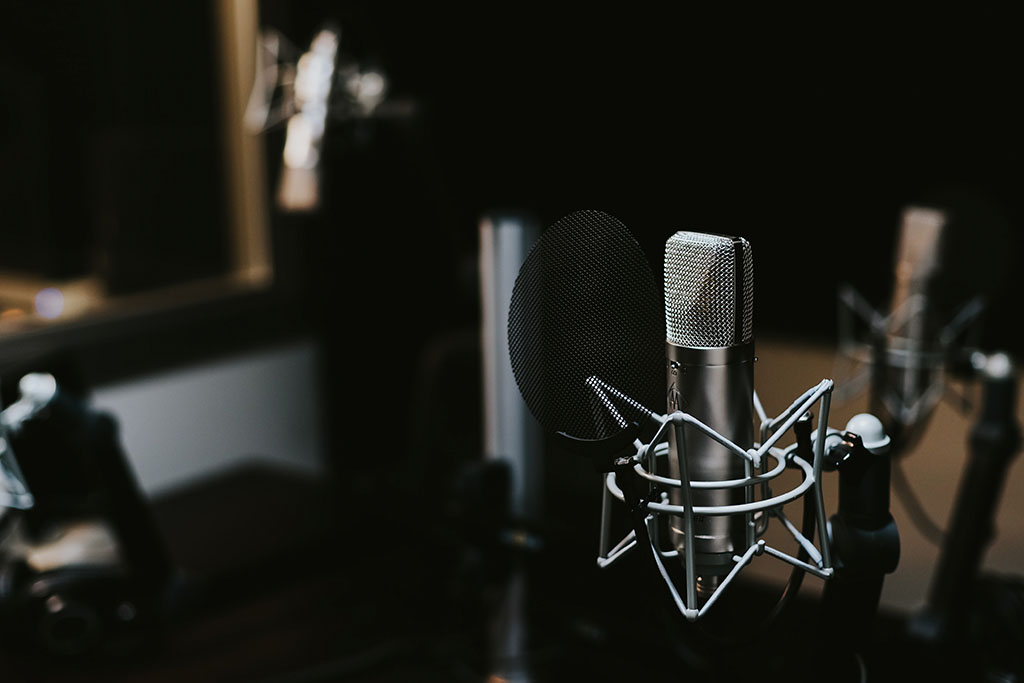While China is trying to return to business as usual and some countries in Europe are beginning to come out of lockdown, for people in many parts of the world the COVID-19 pandemic has meant weeks of isolation that is yet to come to an end. How can people cope with working remotely and living in confined quarters, often while juggling other responsibilities too?
Some answers might come from people with experience working in extreme environments, away from family and friends, and in cramped conditions. Astronauts, submariners and polar explorers are among those who spend long periods working in isolation. Here are five things we can learn from them.

1. Consider personalities
People who work in extreme environments are typically self-selecting. It takes a particular personality to want to spend months in space. During the pandemic, however, nobody has a choice, and some personality types will do better than others. Psychologists Nick Haslam and Luke Smillie note that more conscientious or more agreeable people are likely to do better, for example. In contrast, extraverts are likely to struggle and people who score highly in neuroticism will be more at risk of mental health problems during isolation. Businesses need to be aware of the different personalities that make up their teams and tailor their support options accordingly.
2. Be aware of skills
Astronauts, submariners and similar workers undergo extensive training and preparation for the stresses they will experience. Astronaut Anne McClain says Nasa has spent decades synthesizing these into Expeditionary Behaviors. The pandemic has not given the rest of us time to train for isolation, which makes it harder to adjust, but not impossible. Consider the skills your employees already have and how they can be deployed. Perhaps those with leadership skills, even if they don’t already have a management role, could be asked to coach others? Natural time managers might be charged with keeping the team on schedule, and so on.
3. Have a routine
Without fixed parts of the day, such as a commute, the hours can start to blur together and that can make it hard to stay productive. Former submariner Jon Bailey emphasizes the importance of routine: “Life at sea is dictated by shifts and routines. You can tell what day it was by what was for dinner.” Astronaut Scott Kelly agrees: “You will find maintaining a plan will help you and your family adjust to a different work and home life environment. And don’t forget to include in your schedule a consistent bedtime.” For managers, it might be sensible to schedule a daily meeting to keep everyone synchronized.
4. Remember self-care
“On the days that we let ourselves lounge around the house the way we would on a sick day or Saturday, there’s a different feeling to your work,” says former US Navy officer John Rafferty. “But if we get up, exercise, shower, put on clean clothes, then we’re ready to show up in front of our computers and put in a good day’s work.” Astronaut Anne McClain says the same, emphasizing that managing your time, getting good sleep and looking after your hygiene are all important to being at your best. Businesses should consider how best to support the well-being of their employees.
5. Have a sense of purpose
Polar explorers have long been aware that boredom is a dangerous foe. They occupied themselves with music, books, and games – and many workers today are no doubt relaxing in the same way, when they aren’t buried in a Netflix box set, of course. The work equivalent for fighting boredom is a sense of purpose. That can be found in helping to ensure that the business keeps going in adversity, that customers are happy and colleagues are fulfilled. But it can also be found in the act of quarantine itself. As astronaut Peggy Whitson says: “COVID-19 gives us a higher purpose much like being in space does because we are saving lives by quarantining.”



